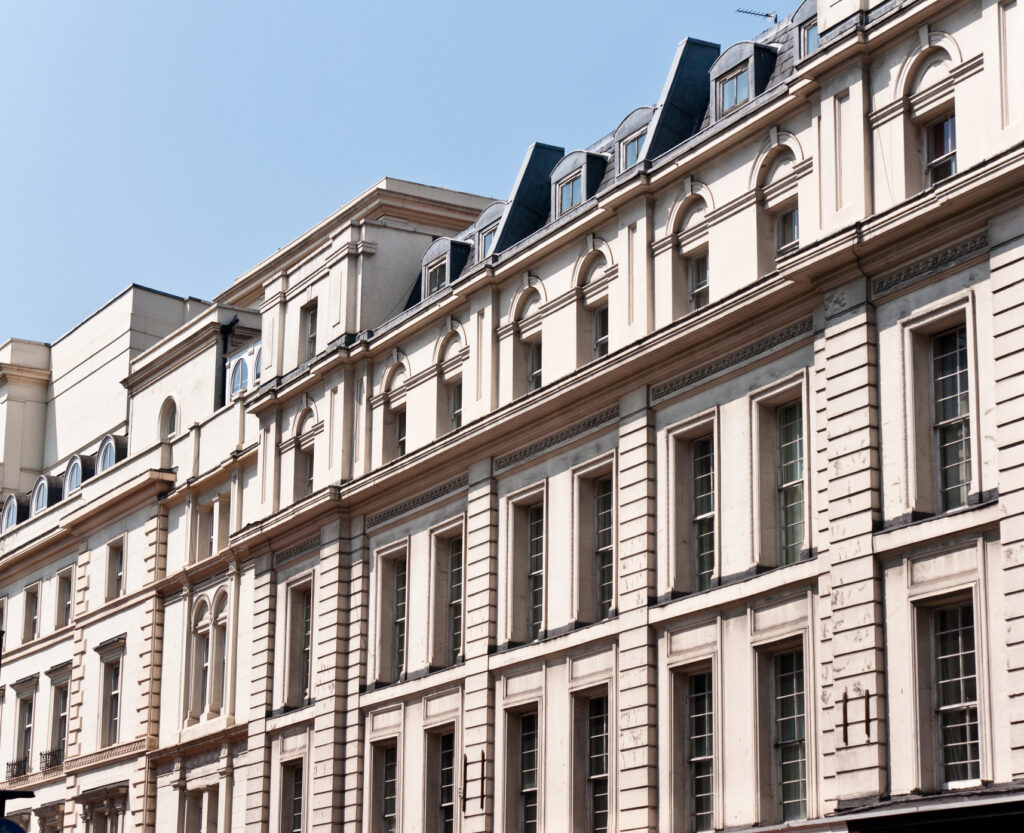Buying Your Share of Freehold
Home | Buying Your Share of Freehold
Are you considering purchasing your share of the freehold?
Many owners of leasehold properties prefer the option of outright freehold purchase in principle because it need not cost a huge amount more than an individual lease extension, depending on how many properties in the building participate. This process involves serving a Section 13 Notice on the freeholder.

In practice, however, it is not always possible to complete the freehold purchase for a number of reasons. The most common hurdle is the legal requirement that 50% or more of the owners in a building must agree to participate in the freehold purchase, in order for them to compel the freeholder to sell. However, not all of the owners will necessarily have the money nor the inclination to undertake the process.
In addition, freehold acquisition means creating a new company to buy the freehold and in many instances it can be difficult to find owners willing to be directors of that company and run its affairs. There is considerable work, diplomacy and effort required to run a freehold company, and this is often underestimated.
Another impediment is that those participating in the transaction need to cover the cost of those not participating. In essence, if only 50% of the building were to proceed, it would be roughly twice the cost per participant compared with if 100% were to go ahead.
If you can rally your neighbours and reach the 50% threshold, then buying your freehold does become a possibility. Once the freehold is acquired, it is a formality to then extend the lease to 999 years and this second transaction should be completed as soon as possible to avoid unnecessary Capital Gains Tax penalties down the line.
Leasehold properties with leases of this length are often marketed as freehold. However, this is actually technically incorrect; the property is still governed by a lease, even though the owner is both the leaseholder and a shareholder in the freehold company and should therefore be marketed as a leasehold property ‘with a share of the freehold’.
Find a Practitioner
ALEP was set up in 2007 in response to concerns raised by owners of leasehold properties who wanted reassurance that the people they were dealing with were reputable. Freeholders also require this reassurance.
- Where you see the ALEP logo you can be sure of a consistently high level of service.
- They must also commit to high professional standards, integrity and quality customer service.
- You can be confident that any firm that is a member of ALEP will be experienced and competent.